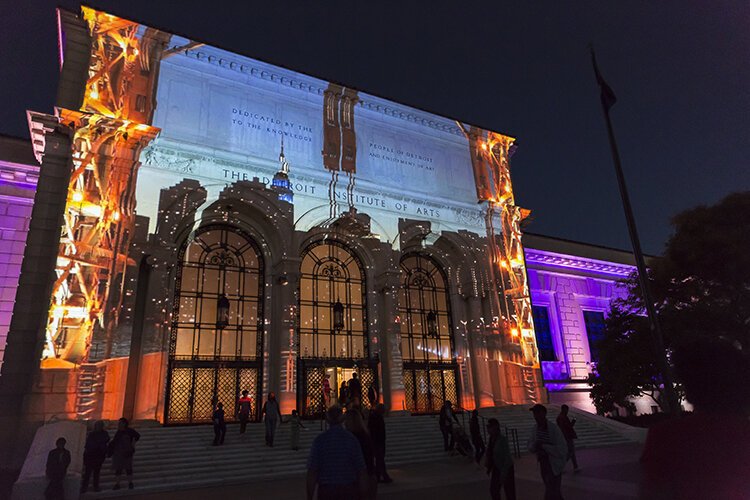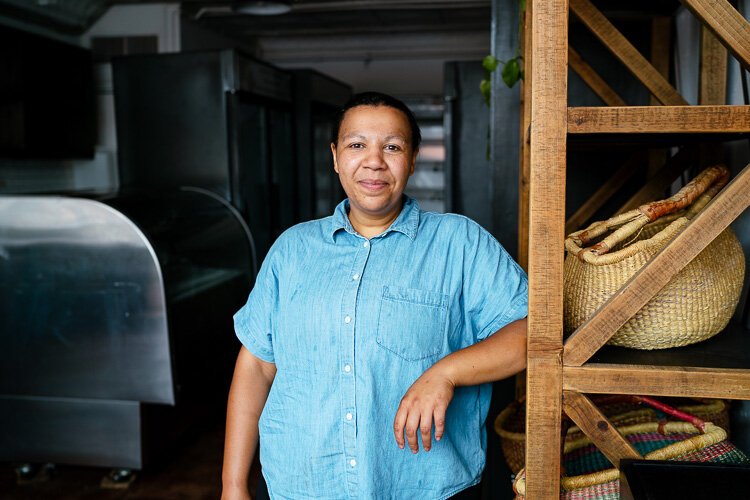Urban pioneers growing in Detroit’s vacancies
Garden at Peacemakers International is adding to Detroit’s farming revolution.Excerpt:Score is a key player in transforming the city’s 40 square miles of vacant land from a liability to an asset. He lobbied his bosses for a post in the Chene Street neighborhood where his great-grandparents settled. He has been working there for nearly a decade to reconnect people with food.At Peacemakers he helps plant and maintain a couple of gardens and a greenhouse to grow food almost year-round. Some of the recovering addicts who live there spend part of their week working in the gardens, which for many is a new experience.”People in the inner city have never seen anything grow, and they’re amazed by it,” Robinson says. “They’re out there laughin’ and jokin’ and fellowshippin’.”They grow much of the food right out in the open. “If people want to go in there and get something to eat, they’re more than welcome to it,” she says. On Tuesdays, they share their produce with the neighborhood’s hungry, and they occasionally sell it at markets to help fund the ministry.”But we can only grow so much,” Robinson adds.That reality isn’t lost on Score, who says the city can’t afford to provide services to neighborhoods that don’t contribute to its tax base.”How do you build an economy in a place like this?” he asks. The answer comes from the area’s early days, when French settlers farmed the fertile land alongside the Detroit River. “The food system absorbs everybody, because everyone can find something to do.”Read the entire article here.
Garden at Peacemakers International is adding to Detroit’s farming revolution.
Excerpt:
Score is a key player in transforming the city’s 40 square miles of
vacant land from a liability to an asset. He lobbied his bosses for a
post in the Chene Street neighborhood where his great-grandparents
settled. He has been working there for nearly a decade to reconnect
people with food.
At Peacemakers he helps plant and maintain a couple of gardens and a
greenhouse to grow food almost year-round. Some of the recovering
addicts who live there spend part of their week working in the gardens,
which for many is a new experience.
“People in the inner city have never seen anything grow, and they’re
amazed by it,” Robinson says. “They’re out there laughin’ and jokin’
and fellowshippin’.”
They grow much of the food right out in the open. “If people want to go
in there and get something to eat, they’re more than welcome to it,”
she says. On Tuesdays, they share their produce with the neighborhood’s
hungry, and they occasionally sell it at markets to help fund the
ministry.
“But we can only grow so much,” Robinson adds.
That reality isn’t lost on Score, who says the city can’t afford to
provide services to neighborhoods that don’t contribute to its tax base.
“How do you build an economy in a place like this?” he asks. The answer
comes from the area’s early days, when French settlers farmed the
fertile land alongside the Detroit River. “The food system absorbs
everybody, because everyone can find something to do.”
Read the entire article here.




